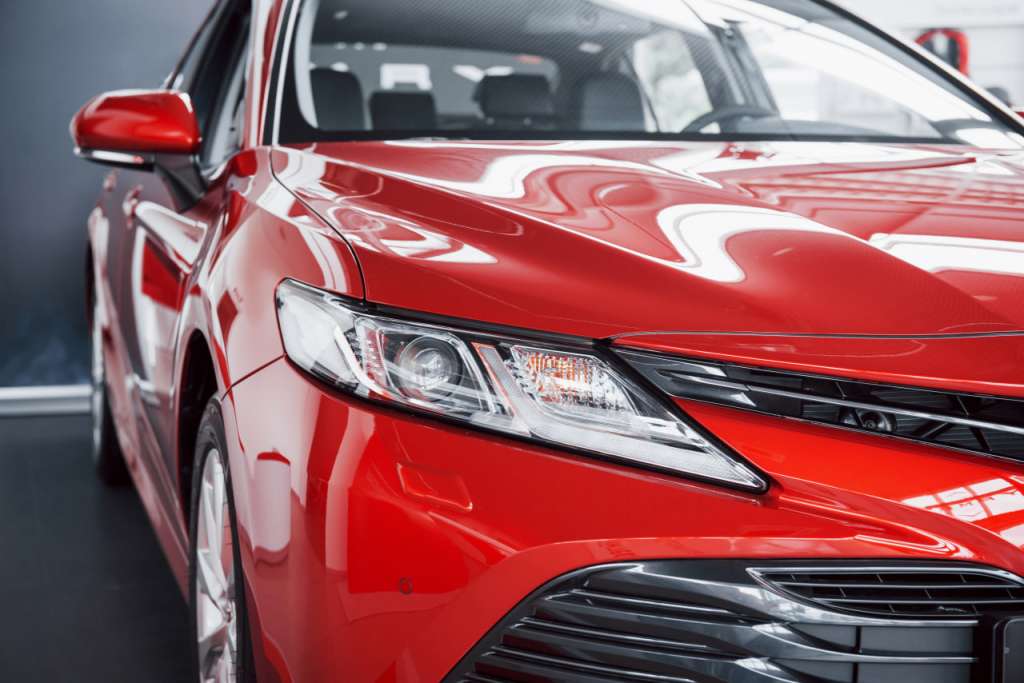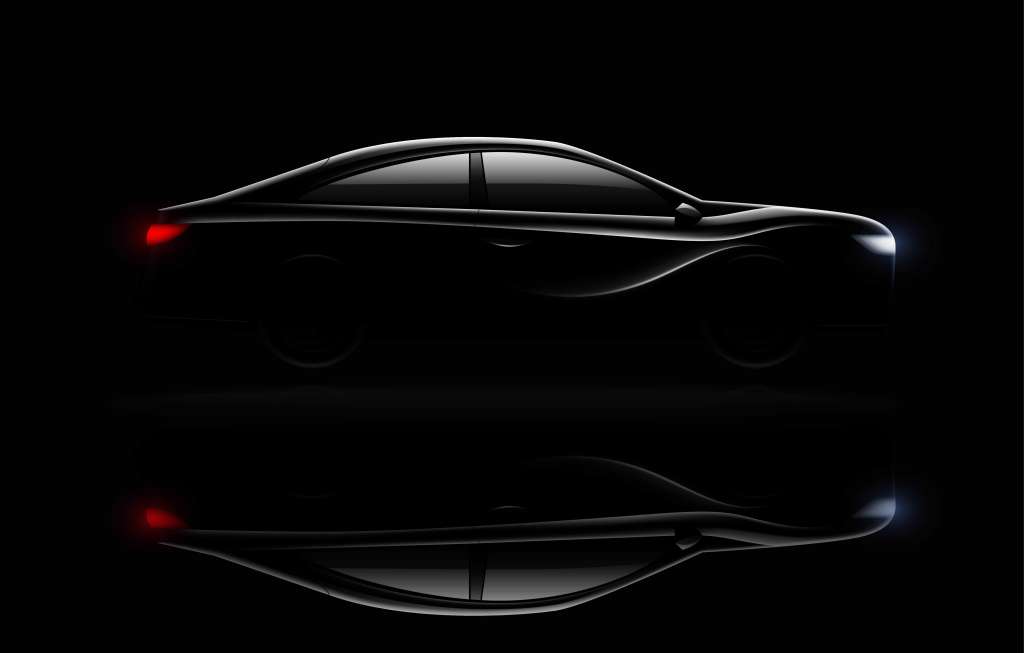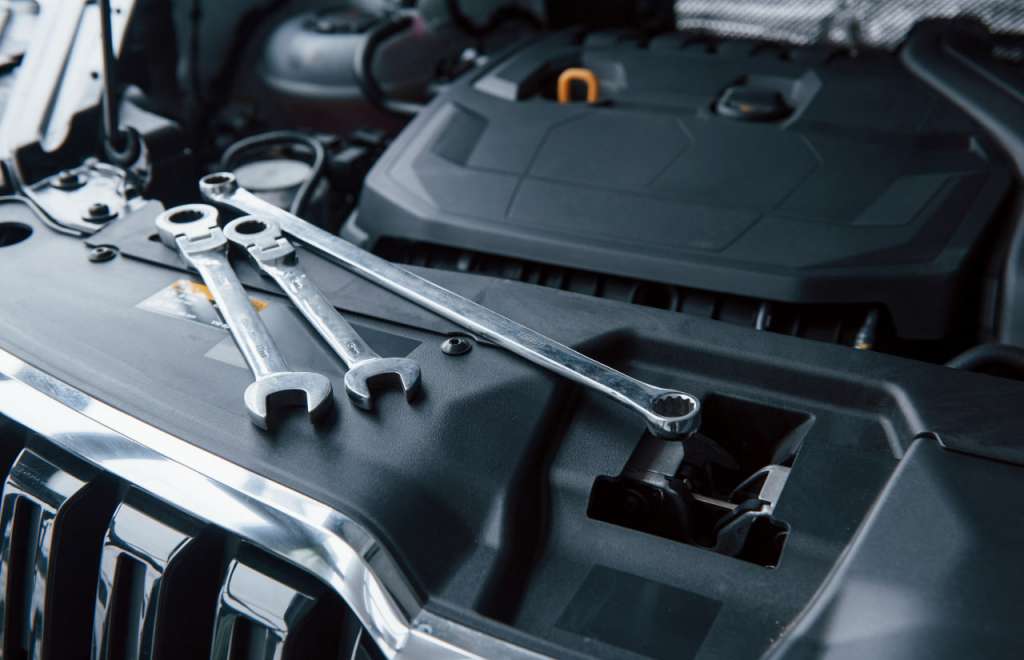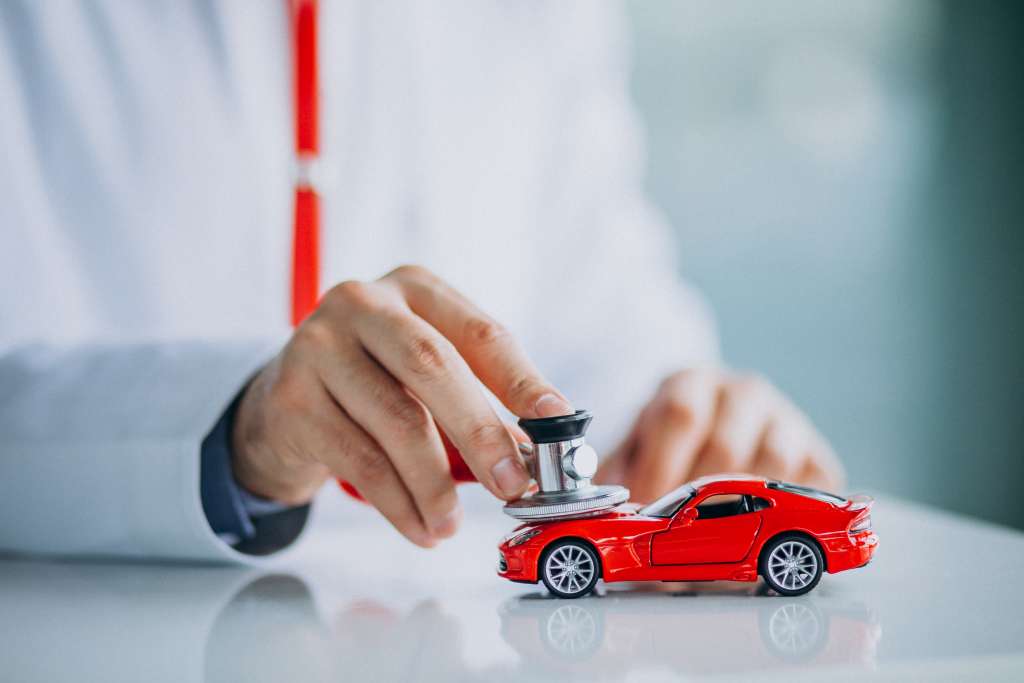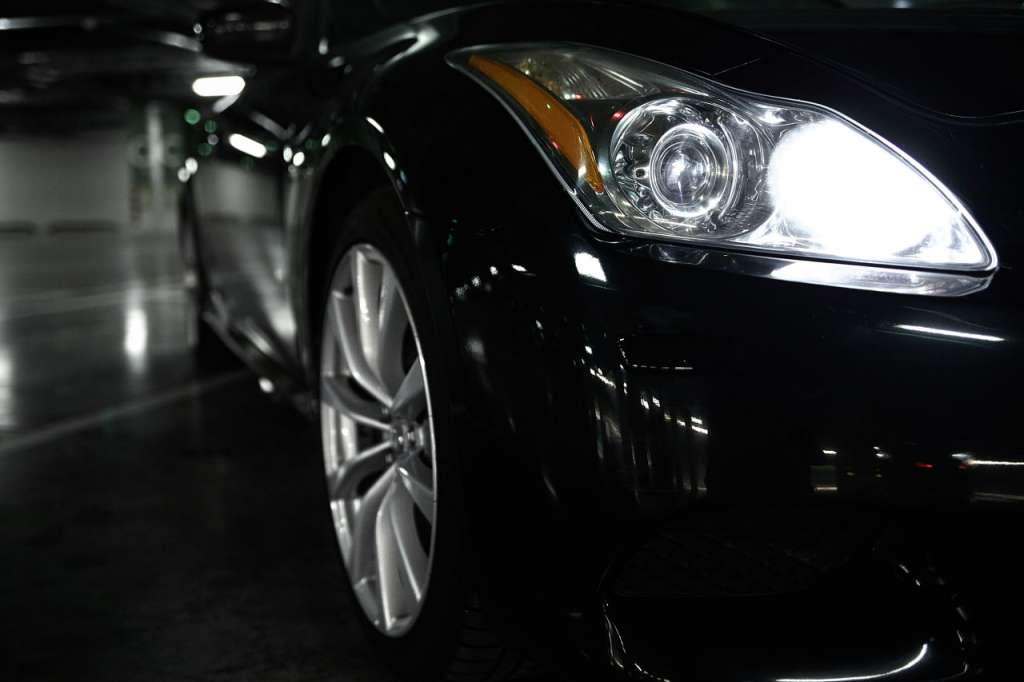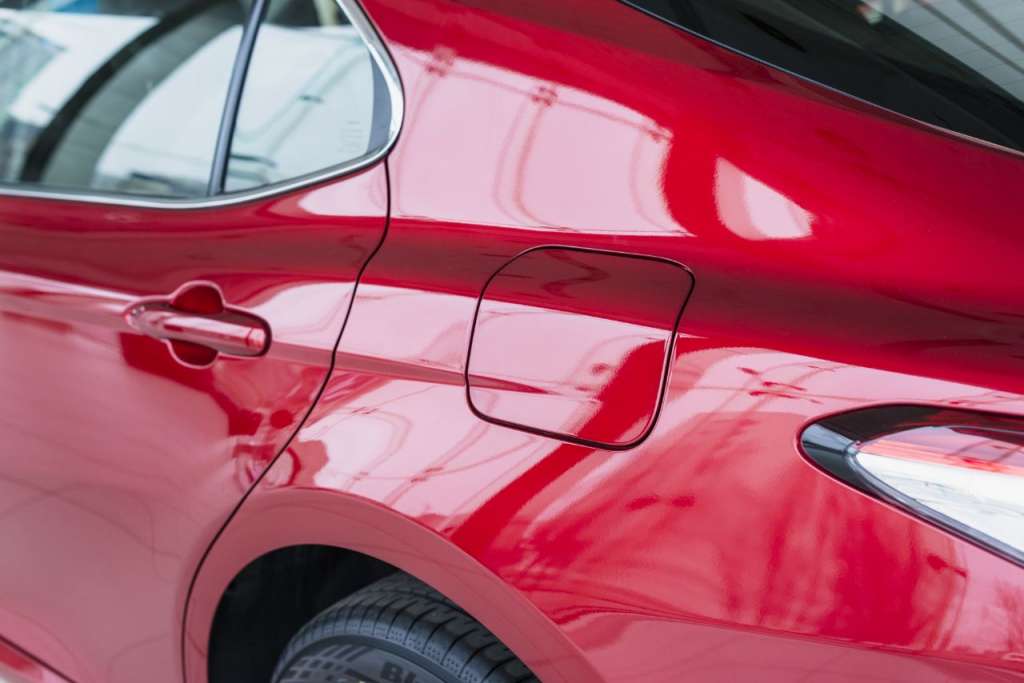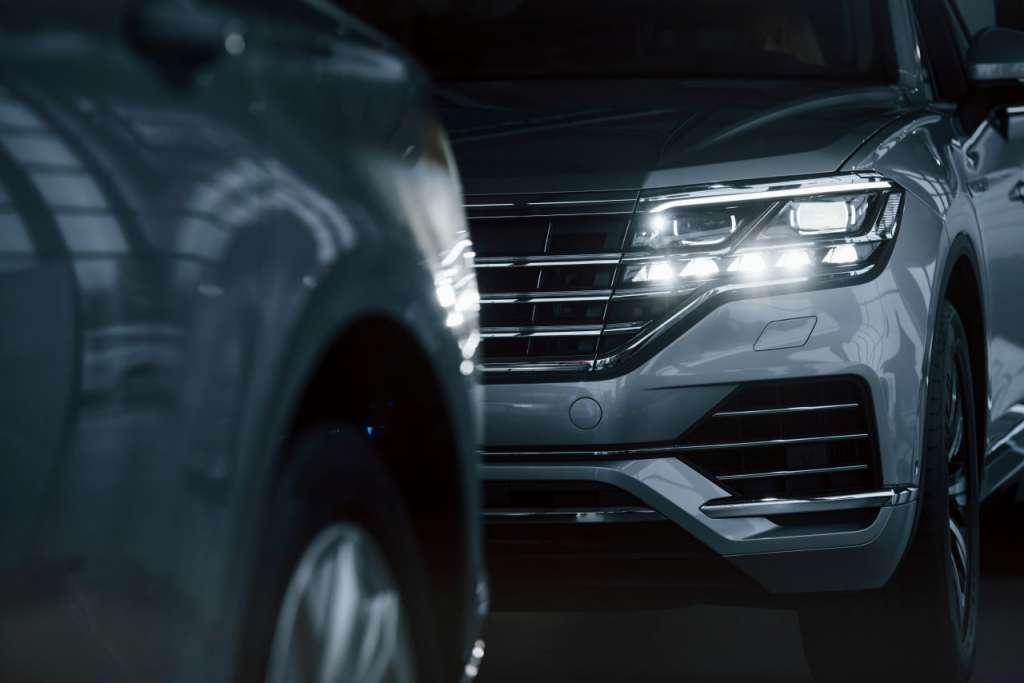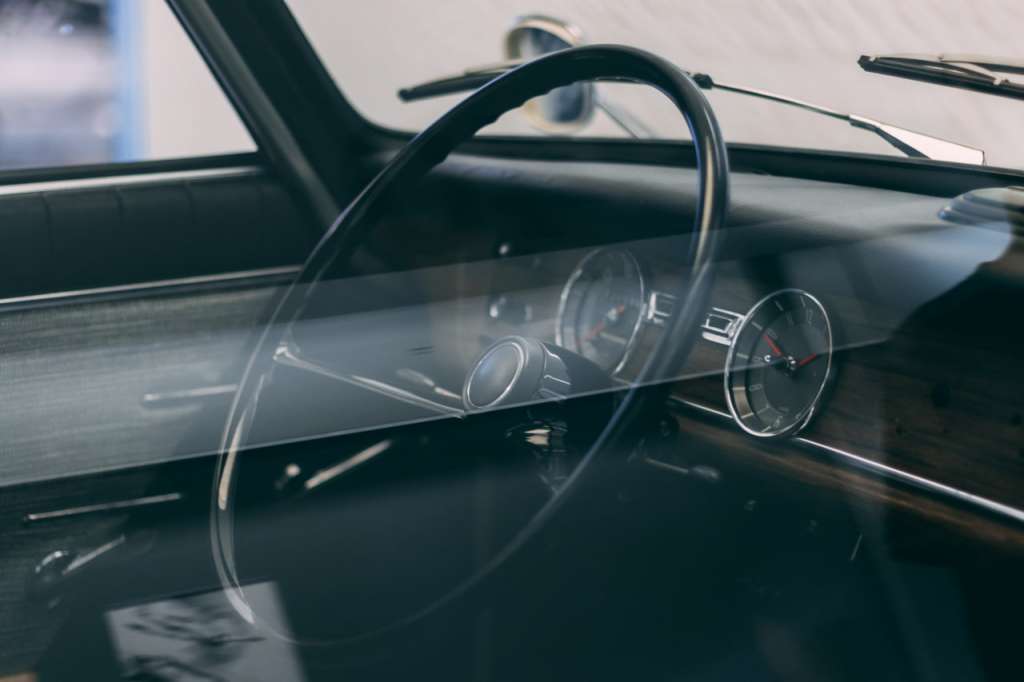In the current realities of an open market economy and widespread Internet access, the potential opportunities for purchasing new and used cars, including those from Korea, have significantly expanded. Today, you can find a car to suit any taste and budget.
Unfortunately, the potentially broad market for used Korean cars leads to the emergence of unscrupulous sellers, and sometimes even outright scammers. As a result, instead of the promised quality car, the buyer ends up with a pile of scrap metal.
To avoid ending up "at the broken trough," it is necessary to know how to check a car from Korea by its VIN code and, most importantly, where to do it most effectively and without overpaying.
Self-search
The simplest and most straightforward method is to gather information through search engines such as Google. Simply enter the VIN into the search bar and see what the system returns.
It's understandable that this approach usually doesn't provide a lot of information. Often, there are issues with translation, as the information may be in Korean (which frequently happens). Unfortunately, standard online translators often struggle with this task.
Overall, it's a so-so option, but it's suitable for getting started. Sometimes, what pops up renders further consideration of the item unnecessary. Hence the conclusion: you can't thoroughly check a Korean car by its VIN through search engines, but you can quickly eliminate obvious defects.
UNDA.COM.UA
A much more effective and practical approach seems to be using the free service VINKOR, which can be accessed through the portal unda.com.ua. This project is well-known and deserves the closest attention.
The algorithm of actions is as follows:
- In the top menu bar, select the section "Important," and within it, the submenu "Checking cars from Korea by VIN."
- The user navigates to the relevant page, where they enter the seventeen-character VIN number. Here's a useful tip: try to copy the combination of numbers and letters from electronic sources, if such an option is available. Self-typing often leads to errors and, consequently, incorrect feedback. And it's good if this is evident right away. But what if you make a mistake in the serial number of a car from the same batch? In this case, you may receive information about a vehicle similar to yours but with a completely different history.
- After that, to check the Korean car by VIN, you need to wait just a few seconds.
In the report, the customer can expect to receive the following information:
- Decoding of the seventeen-character number with a detailed description of the meaning of each symbol, both numerical and alphabetical;
- Information on when and how this car entered Ukraine, who imported it, and on what official, legal grounds;
- Data on road traffic incidents, damage, and methods of their elimination (replacement, repair, alignment, etc.);
- Customs data, sometimes allowing additional verification of the cleanliness of the vehicle;
- Information about owners and changes in ownership.
In principle, this is already sufficient to understand whether it makes sense to buy this car or whether it's worth waiting and looking for another one. In some cases, the information obtained can serve as a basis for serious negotiation.
Service vincleaning.com
Another interesting resource that allows you to quickly and easily check a car from Korea by its VIN code. The information here comes at a cost. However, compared to the cost of any car, even a not-so-new one, these expenses are so insignificant that they can confidently be classified as statistical.
The service stands out in that not only can you get information from the largest and most authoritative databases here, but also, if desired, you can later delete this information, for example, when you want to sell the car yourself.
Service korea-cars.com
In the vast majority of cases, checking services are aimed at a wide range of brands and models, as well as manufacturers from different countries. Understandably, this significantly increases the number of visitors. This platform has a narrow specialization. By the way, you can find a lot of interesting information about "Korean cars" here and even order the delivery of a specific car.
Regarding the provided report, it will include the following information:
- Mileage history. The most important thing is that it will be real, not what "clever dealers" set up on the instruments. By the way, odometer tampering is the biggest problem in today's car market, which can generally only be fought by checking the Korean car by VIN on a specialized service like the one described.
- Not only involvement in accidents, which is not always informative in itself, but also the cost of repairs. It's one thing to bump into something while parking and subsequently replace a bumper, and quite another to receive a side impact with a clear violation of the entire geometry.
- Whether the car is a "flooded" one, i.e., whether water has entered the cabin or engine in large volumes. It should be understood that in Korea, this could be sea salty water with all the resulting consequences. The body of such a car will rust quickly and without options.
- History of ownership changes. If the car changes owners too often, it is worth considering the advisability of its purchase. There are undoubtedly hidden defects in it that the seller, for understandable reasons, does not mention.
- Registration date with the traffic police, as well as actual importation into the country. Sometimes sellers like to say to inflate the price: "The car has hardly been driven here." The report will help confirm or refute this statement.
The report from this service, like many other "pay-for" ones, such as WinKlinin, contains important information about the use of the car. For example, the document will contain information about its use as a taxi or as a car-sharing vehicle. Naturally, it is better not to buy such a car - the risks are too great. In general, this is the moment that favorably distinguishes paid resources from others that do not require payment. However, it is worth agreeing that it is better to pay $10-30 and get a reliable, verified car than to later ride in a worn-out car-sharing vehicle.
In conclusion, it is worth saying that checking the VIN number is the most important stage in planning to buy a car. It is not worth ignoring modern information gathering capabilities, both free sources and paid resources. At the same time, saving on paid services is definitely not the best solution in terms of the cost of the car and possible losses in case of an error in choosing.


